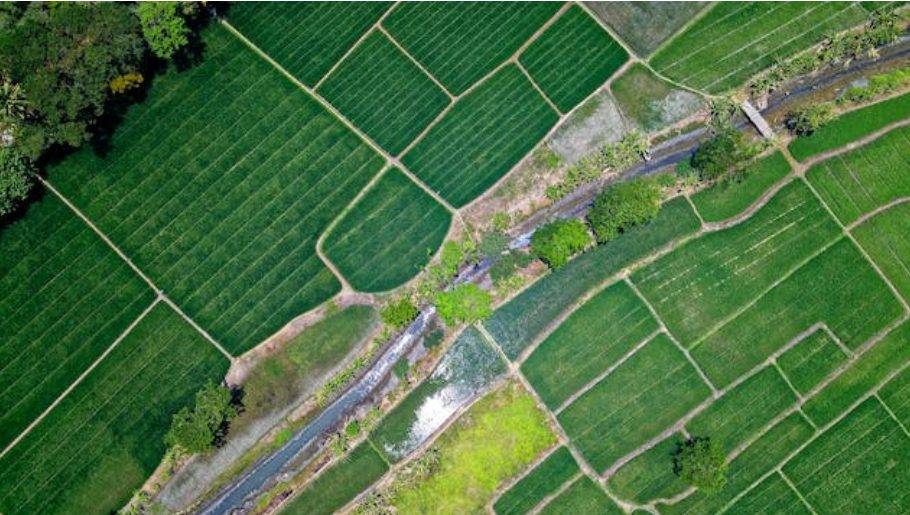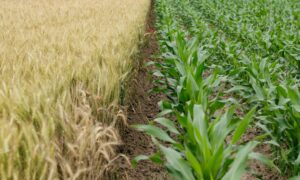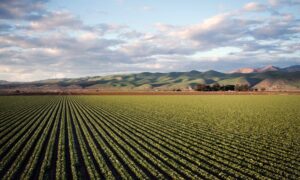Biodynamic farming is growing in popularity nowadays. The holistic and sustainable approach to agriculture is an interesting take on conventional practices and offers many advantages.
Principles of Biodynamic Farming
Biodynamic farming is guided by several key principles that set it apart from conventional farming practices. These principles include:
1. Holistic Approach
Biodynamic farming takes a holistic approach. In other words, it works with all the elements within a farm, from animals to the soil.
2. Biodiversity and Ecosystem Health
Biodynamic farmers understand the importance of biodiversity in maintaining a healthy ecosystem. They promote the use of diverse plant species, crop rotations, and the integration of animals to enhance soil fertility and reduce pest and disease pressures.
3. Cosmic and Lunar Influences
Biodynamic farming takes into account the cosmic and lunar influences on the farm. Farmers follow a planting calendar that aligns with the lunar cycles, believing that certain phases of the moon have an impact on the growth and vitality of plants.
4. Biodynamic Preparations
Biodynamic farmers use a series of preparations made from herbs, minerals, and animal manure. The natural preparations improve the quality of farming.
5. Efficient Practices
Farmers that practice biodynamic farming use sustainable practices and technology to improve efficiency. For example, many use the Lumo irrigation control system to utilize water more efficiently while reducing costs and improving crop quality.
Key Differences Between Organic and Biodynamic Farming
Biodynamic farming has its own certification standards, which go beyond the requirements of organic farming. Biodynamic certification ensures that farmers adhere to specific guidelines for soil fertility, crop rotation, biodiversity, and the use of biodynamic preparations. Some of the key requirements for biodynamic certification include:
1. Soil Fertility
Biodynamic farmers must maintain and enhance soil fertility through the use of organic matter, composting, and green manure techniques.
2. Crop Rotation and Biodiversity
Biodynamic farmers are required to practice crop rotation to maintain soil health and prevent the build-up of pests and diseases. They must also promote biodiversity by planting diverse crop species and maintaining natural habitats for beneficial organisms.
3. Biodynamic Preparations
Biodynamic farmers must use the prescribed biodynamic preparations, following specific guidelines and rituals.
4. Record-Keeping and Traceability
Biodynamic farmers must maintain detailed records of their farming practices and inputs. This includes records of crop rotation, biodynamic preparations used, and any inputs or treatments applied to the farm. This ensures transparency and traceability in the production process.
Another difference is in the consideration of cosmic and lunar influences on the farm. Biodynamic farmers follow a planting calendar that takes into account the phases of the moon, believing that these lunar cycles have an impact on the growth and vitality of plants. Organic farming does not incorporate these cosmic and lunar influences into its practices.
By focusing on soil fertility and biodiversity, biodynamic farming helps to improve the health and vitality of the soil. This leads to increased nutrient content in crops, better water retention, and reduced erosion.
If you’re interested in adopting biodynamic farming practices, consult with an experienced expert today. Learn about the tools, techniques, and technology required to revolutionize your practices. With biodynamic farming, you can produce crops that are more nutrient-dense, with higher levels of vitamins, minerals, and antioxidants.



































